ICE detention follows years of incitement, illegal protests, and pro-terrorist rhetoric by Syrian-born agitator
A U.S. immigration judge has ruled that Mahmoud Khalil—a former Columbia University student and known campus agitator—can be deported from the United States for engaging in activities that threaten national security, disrupt public order, and promote extremist, antisemitic ideologies under the guise of activism.
The ruling, delivered Friday by Judge Jamee Comans in Jena, Louisiana, concludes a months-long investigation into Khalil’s visa violations and extremist behavior. Citing “clear and convincing evidence,” Comans determined that Khalil’s presence in the country poses “potentially serious foreign policy consequences,” validating his removal under provisions of the Immigration and Nationality Act of 1952.
Khalil, a Syrian-born legal resident, rose to prominence not as a scholar, but as the face of radical anti-Israel activism at Columbia University. From organizing encampments that blocked access to Jewish students, to leading the illegal takeover of Hamilton Hall, Khalil used his platform to glorify terrorism, justify Hamas violence, and incite hatred on campus.
His involvement in the April 2024 Columbia University Apartheid Divest (CUAD) protests drew nationwide condemnation for its openly antisemitic rhetoric and glorification of terrorism. Protesters chanted slogans supporting armed resistance while waving flags of designated terrorist groups. Khalil not only led these efforts, but during a recorded “Palestine 101” event in March 2024, publicly justified the October 7 Hamas attacks as legitimate resistance.

Khalil’s radicalism was not confined to demonstrations. In January 2025, he led a disruption of a Columbia history course on modern Israel, distributing pamphlets calling for “resistance by any means”—a thinly veiled endorsement of violence against Jews. Just two months later, despite no longer being a student, he illegally entered and occupied Barnard College Library during another protest, defying school orders and aiding in the escalation of campus chaos.
On March 8, 2025, Khalil was detained by ICE agents at his campus residence following an order from the State Department revoking his visa and green card. The move came after evidence emerged linking Khalil to extremist organizations, including a documented tenure at the United Nations Relief and Works Agency (UNRWA)—a body whose employees have faced widespread scrutiny for ties to terrorist groups.
Khalil’s public record includes social media posts justifying violence, defending terrorist acts, and denying the legitimacy of the State of Israel. A now-deleted LinkedIn post from May 2024 shows Khalil proudly declaring his leadership in the protests, reaffirming his belief in what he calls “uncompromising resistance” against “Zionist occupation,” rhetoric that mirrors language used by terrorist organizations.
Despite his legal team’s claim that Khalil’s activities fall under free speech, the government—and now the immigration court—made clear that political speech that promotes violence, hatred, and undermines national security is not protected when issued by a non-citizen on U.S. soil.
Khalil’s attorneys have announced plans to appeal the ruling to the Board of Immigration Appeals, and he has filed a separate First Amendment case in federal court. However, legal experts say the immigration ruling is likely to stand, especially given the overwhelming evidence of Khalil’s pattern of incitement and disruption.
This deportation ruling sends a clear message: the United States will not tolerate foreign nationals who come to American universities to radicalize students, glorify terrorism, and endanger Jewish and American communities. Mahmoud Khalil is not a victim of censorship—he is a propagandist for extremism, and his removal is a necessary and overdue action to protect national security and restore safety and civil discourse to America’s campuses.

